Virtual TaaS Mobility Blockchain 2024 Why should you attend?
Amidst an era of unprecedented change in the way we move, the event showcases blockchain & web3 innovation in the automotive, mobility, and transport sectors.
The Virtual TaaS Mobility Blockchain Conference & Exhibition brings together automotive manufacturers, mobility service provides, blockchain developers/SMEs, investors and policymakers to explore the transformative potential of blockchain technology to create secure, open and scalable mobility networks that drive sustainability and deliver equitable economic growth.
Join us at the Virtual TaaS Mobility Blockchain Conference & Exhibition and become a part of the mobility revolution. Don't miss the chance to be at the forefront of change, where blockchain redefines the way we move and builds a more sustainable and equitable future.
Cutting-Edge Insights and Innovation Showcase
Discover how blockchain is revolutionizing mobility and explore the latest innovations.
01Exploring Transformative Potential
Dive deep into blockchain's impact on Autonomous, Connected, Electrified, and Shared vehicles.
02Unparalleled Networking Opportunities
Connect with industry leaders and innovators shaping the future of transportation.
03Participate in Shaping the Future
Join manufacturers, OEMs, developers, and policymakers in shaping the future of mobility.
04About the Conference
The conference delves deep into the convergence of blockchain technology within the ACES and mobility sector, where the amalgamation of Vehicle-to-Anything (V2X) and Peer-to-Peer (P2P) communications gives rise to secure, scalable, and token-incentivized networks of people, vehicles, and transport infrastructure.
Tokenized sustainability incentives and rewards drive eco-friendly practices, support sustainability and the pursuit of net-zero climate goals. Decentralised identities and NFT-based identity solutions ensure secure digital identities, while token-driven networks establish equitable, efficient, and automated mobility systems, striking a balance between privacy and accountability. These resilient and transparent mobility networks, functioning on public infrastructure, guarantee efficiency and security in sustainable mobility ecosystems, promoting economic growth, open innovation, and environmental sustainability.
The event offers a unique opportunity to connect with thought leaders, industry experts, and innovators pioneering the transformation of mobility. From manufacturers and OEMs to SMEs, developers, and policymakers, everyone plays an active role in steering the trajectory of this sector.

Meet our 2024 Event Speakers
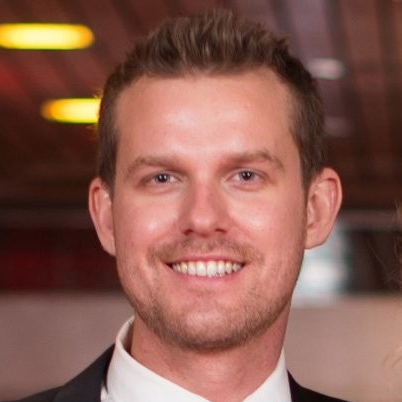
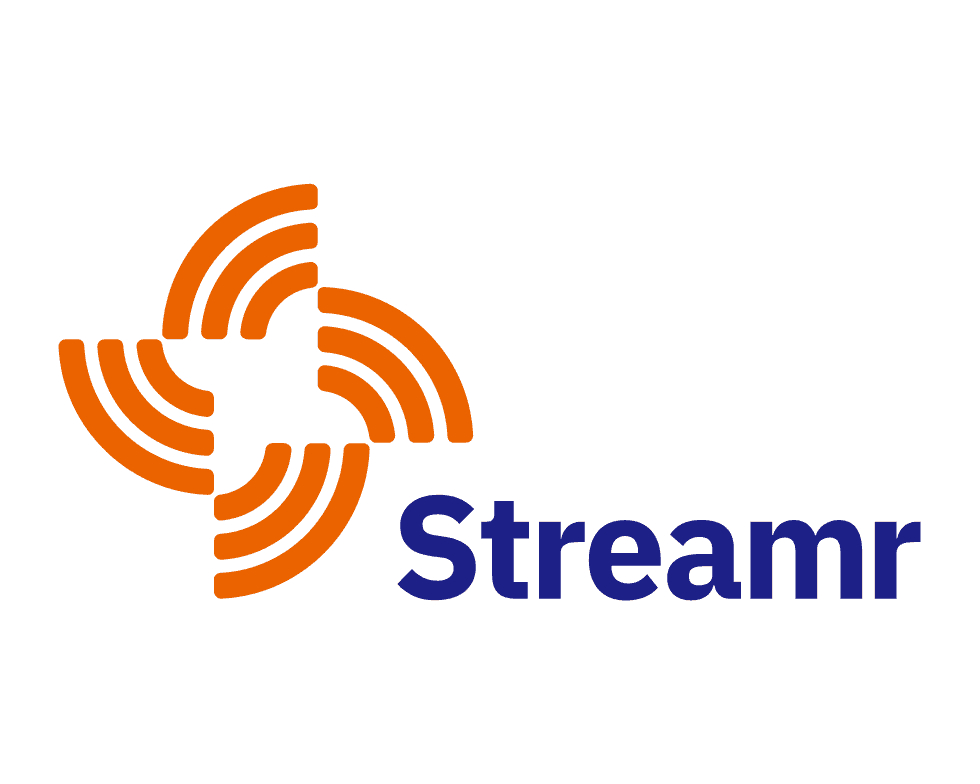
Matthew Fontana
StreamrAwaiting biography.
Trustless mobility data streaming with P2P and Blockchain technologies
In the evolving landscape of mobility, the need for real-time, trustless data communication is paramount. By leveraging P2P and blockchain technologies, we can ensure seamless and secure data streaming from the source with a data stack that is owned by, and working for its drivers.
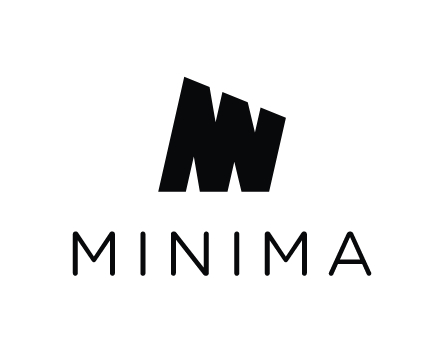
Speaker Name TBC
MinimaAwaiting biography.

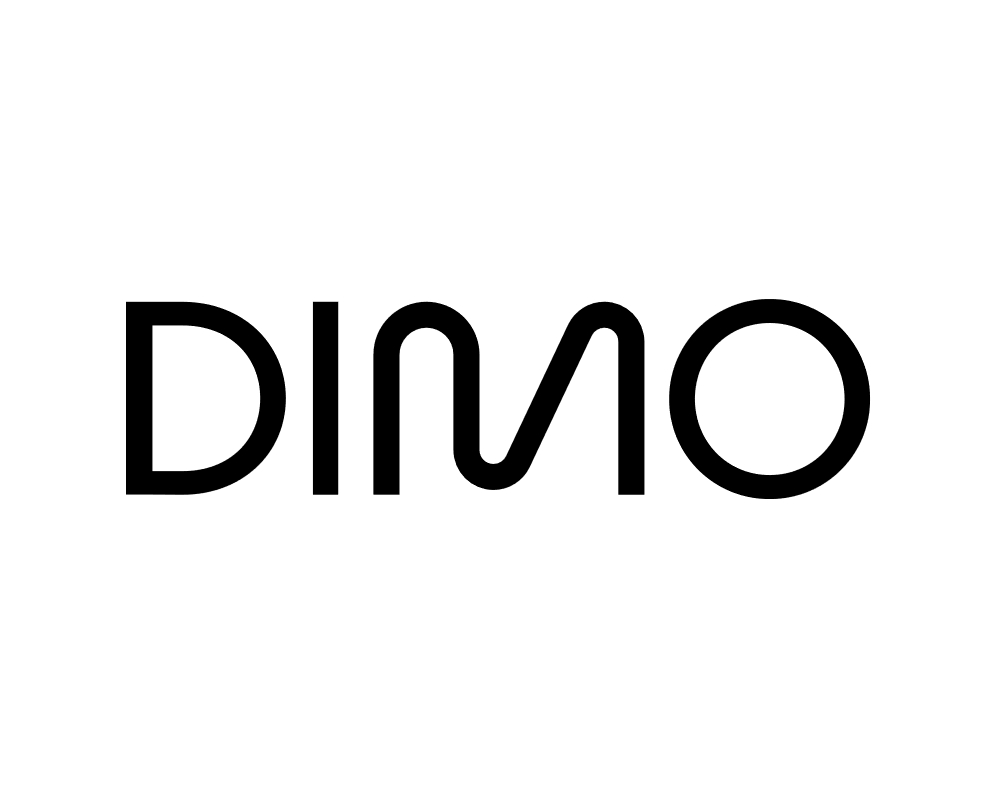
Alex Rawitz
DimoAlex Rawitz is Cofounder of DIMO and COO of Digital Infrastructure Inc. With a background in IoT and fintech, and crypto, he works on scaling new technologies to enterprises and developers.
The Keys to Connected Car Happiness
Connected Cars - and by extension - mobility applications - seem incredibly exciting, but the digital products that exist fail to delight. As our lives are increasingly digital, why is it that our connected mobility experiences seem so lackluster? We need to use open systems to reimagine what a developer and consumer relationship can be in the context of mobility and through this relationship, drive consumer happiness.

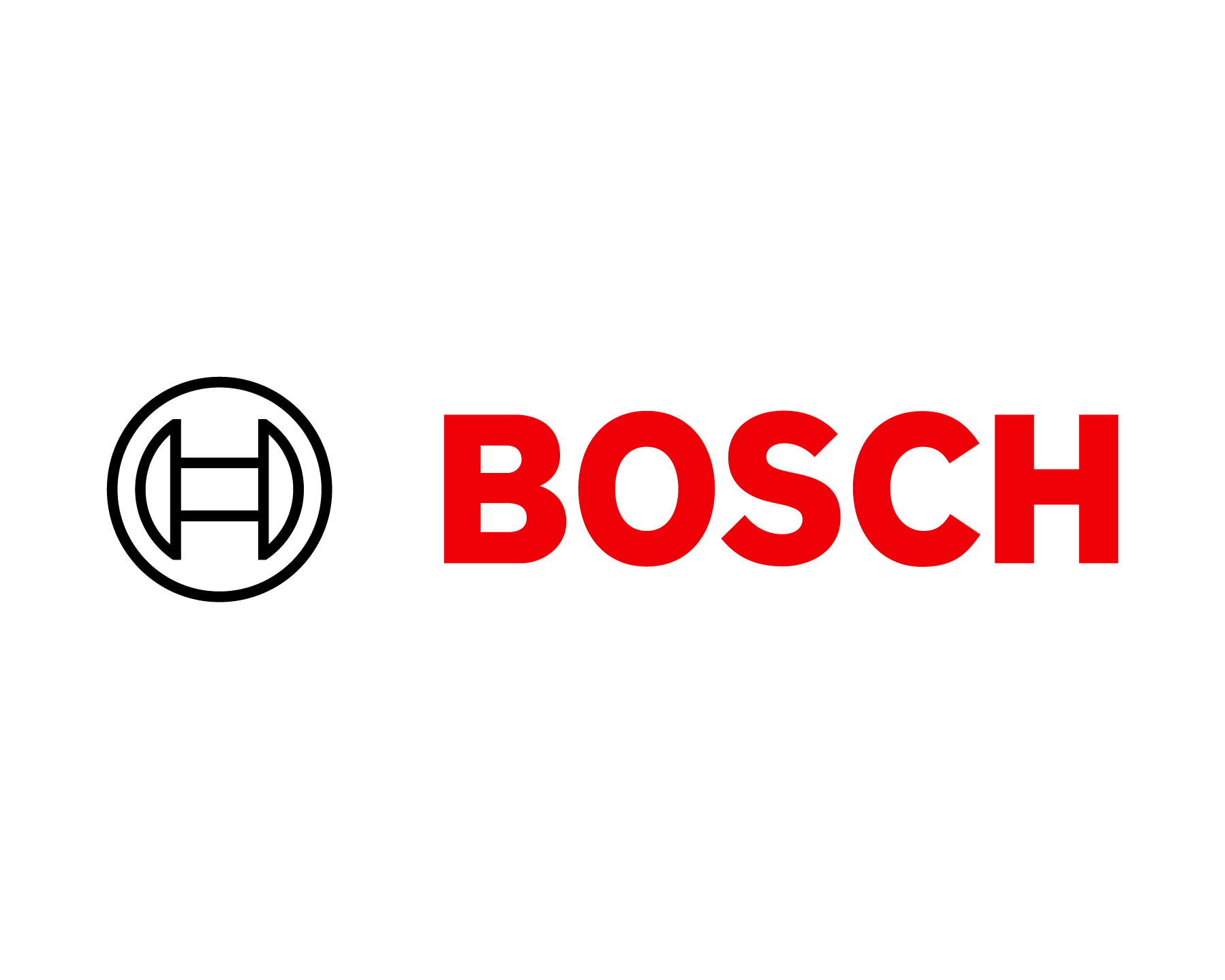
Peter Busch
Robert Bosch GroupPeter works for Mobility Strategy of the Bosch Group on connectivity strategies for the Mobility Business Units as Global Product Owner Distributed Ledger Technologies.
He has 35+ years of experience in several IT roles and holds a university degree in Business Informatics and worked for his own SW Startup, JP Morgan, Sun Microsystems and the Robert Bosch Group.
His interests are all IoT-, AI- and agent technologies, leads a 20+ million publicly funded Decentralization project for the future highly connected traffic and is Co-Founder and Chair of the Fetch.AI Foundation.
Trust as the Key Concept in Future Mobility
The Internet and consequently the Internet of Things were built without a trust layer. Decentralized Digital Identities and other Web3 technologies may be one of the needed missing components to implement real data sovereignty and a trusted Economy of Things in future IoT (and consequently in Metaverse) scenarios. This will be showcased with some actual use cases from the mobility industry where Bosch plays a leading role.
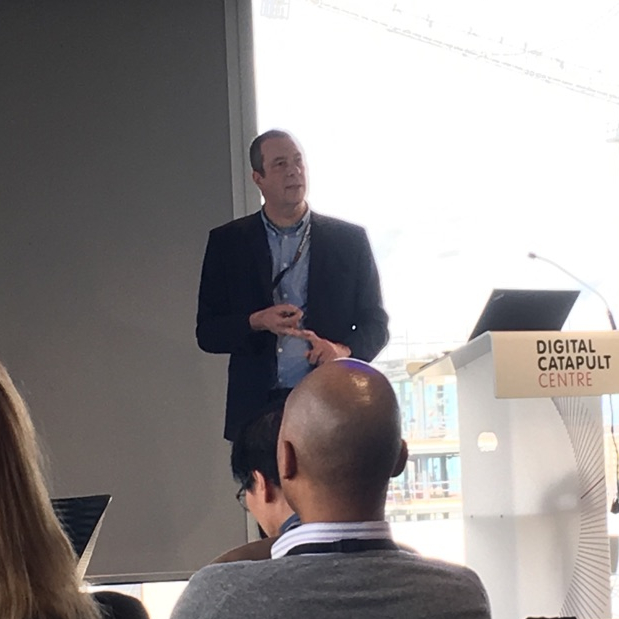
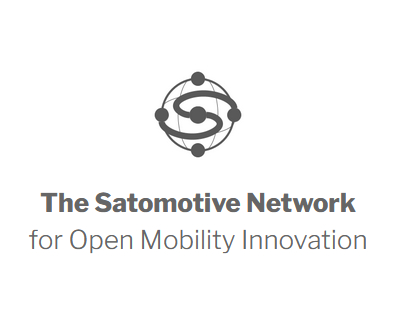
Steve 'Joe' Ratheram
SatomotiveAwaiting biography.

Roland Strube
Transport Group PlatformRoland’s background is in chemical engineering, specialising in combustion science and pollution control. He currently works in passenger transport to increase the efficiency of asset use.
Peer to Peer Mobility as a Service
Roland introduces P2P MaaS to address a fundamental barrier in the modal shift from private cars to sustainable alternatives: ‘New transport services currently have to coexist with the private cars of target users.’ The approach described is part of a shared, circular economy, enabling manufacturers, operators and end users to form small Decentralised Autonomous Organisations, Transport Groups, to manage the development and use of new services. A decentralised approach overcomes complexity and lack of knowledge, supply and demand is established online before changes are made on the ground, capital and operational costs are covered using variable pay-per-use rates, and carbon offsetting provides new revenue streams. P2P MaaS uses the future savings from owning fewer cars to develop alternatives that make it possible to own fewer cars.



Meet our 2024 Event Sponsors
Platinum
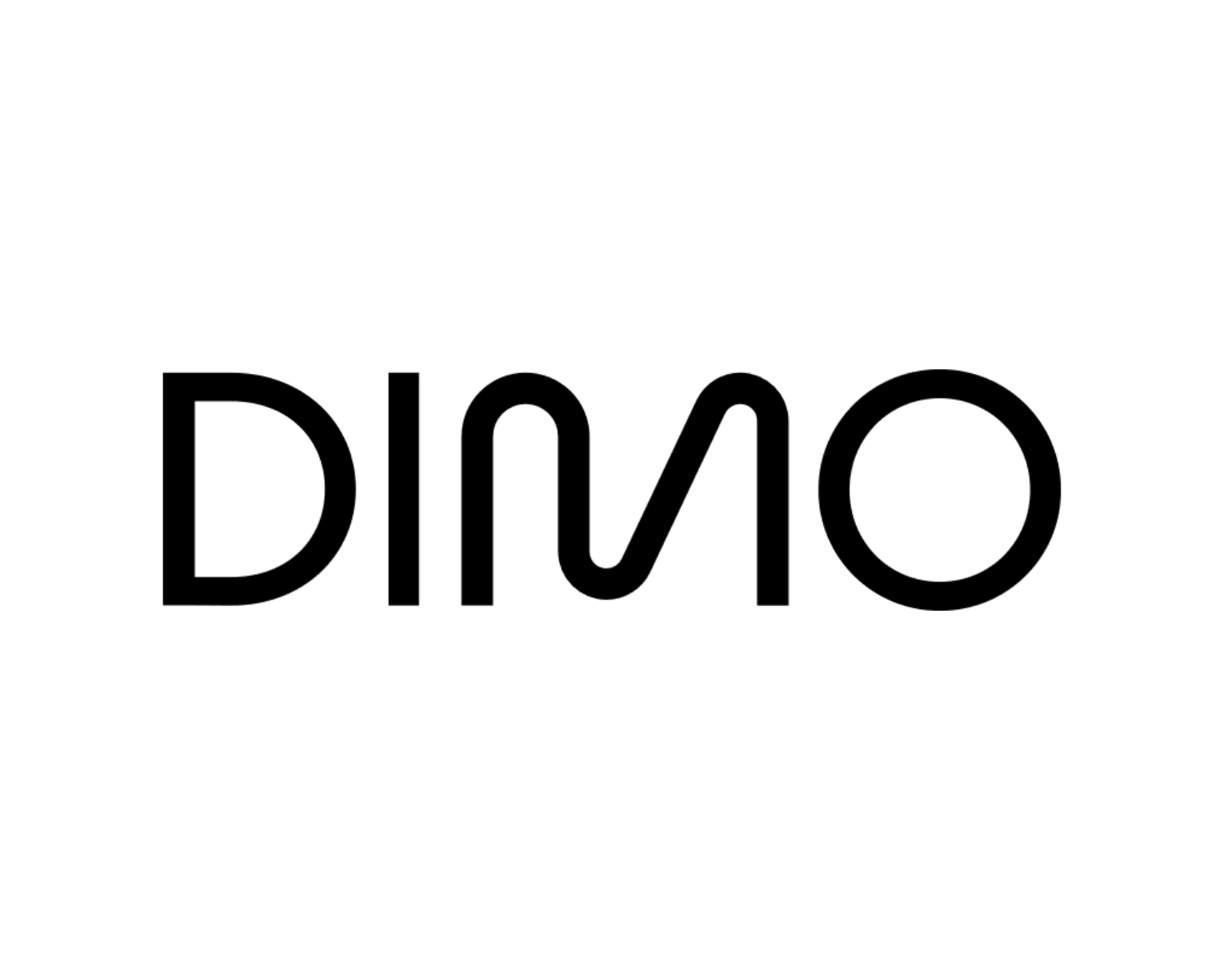
Dimo
DIMO is the most open and secure mobility platform in the world, powering the next generation of connected car applications and services.
https://dimo.zone/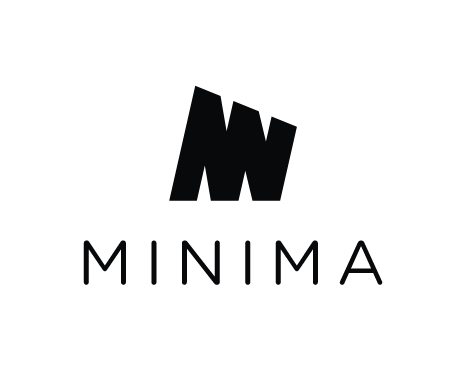
Minima
Minima, the real-world blockchain, is a layer1 focused on everyday solutions through device-native infrastructure.
The only decentralised blockchain compact and lean enough to run on any IoT device & versatile enough to scale physical infrastructure networks. Minima’s technology is compact, quantum-resistant, and secured by every single user on the network.
https://www.minima.global/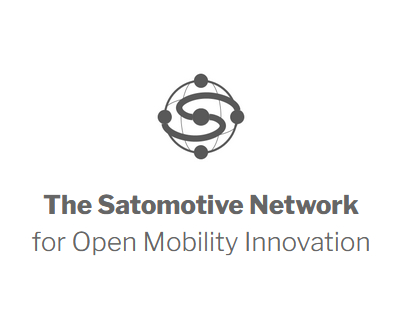
Satomotive
The Satomotive Network connects drivers, vehicles and supporting infrastructure [V2X] to decentralised, blockchain based, networks [P2P] enabling anyone to #BUIDL innovative, private and secure P2P/V2X mobility solutions.
On the Satomotive Network every vehicle, everyone and everything is connected to a global peer-to-peer network that enables: data sharing, token transfers, fungible and non-fungible token (NFT) minting & messaging.
All V2X data is end-to-end encrypted. You own it. You control it. And only you decide what, when and with whom you share it. Transactions cannot be blocked, tokens cannot be forged and messages cannot be spied on.
Any driver or passenger can connect to the Satomotive Network via a smartphone.
Any vehicle may connect to the Satomotive Network via a device connected to the OBD2 port, to the vehicle’s CAN bus or directly via a head up display using your manufacturer’s API.
Any device that uses a Linux, Android or Windows operating system can become a node on the Satomotive Network. Every node is equal. Every node is a fully constructing and validating node. There are no master nodes, special validator nodes or centralised miners.
All of the software that the Satomotive Network uses is free and open source.
Use our hardware, or build your own. It’s up to you. The Satomotive Network includes many free applications that work out of the box. Anyone may build decentralised applications that extend the network using a range of popular programming languages.
The Satomotive Network is built on: the Minima Blockchain, the Streamr Data Pub/Sub Network and the Inter-Planetary-File-System [IPFS]. It interoperates with Bitcoin & Lightning Network and the Ethereum & Polygon blockchains.
Want to find out more?. Join the Satomotive community on Discord, Linkedin or Twitter.
Welcome to the mobility revolution – decentralised.
https://www.satomotive.co.uk/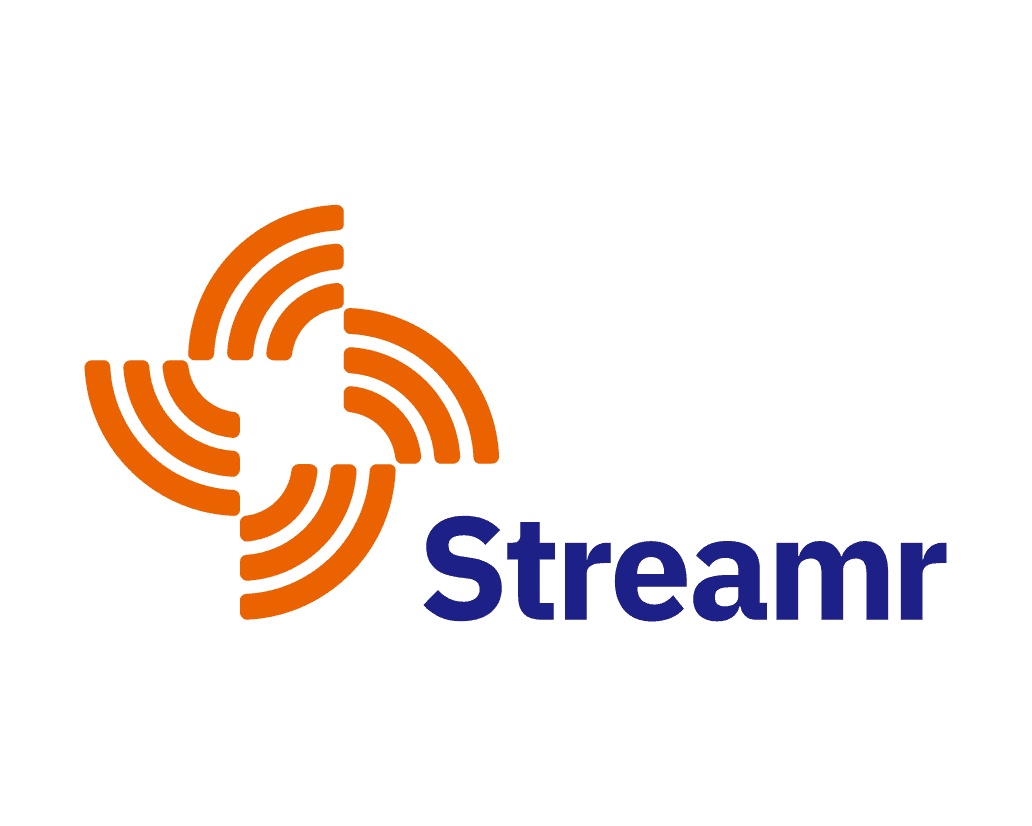
Streamr
Streamr is a next-generation network for decentralized data broadcasting. The network is serverless, secure, fast, scalable, and fully decentralized—enabling anyone to run a Streamr node and earn $DATA tokens by contributing bandwidth.
Widely deployed as middleware, the Streamr protocol supports diverse applications across domains such as DePIN, AI, oracles, IoT, metrics collection, video streaming, and other data-driven applications.
Streamr provides a permissionless internet backbone, enhancing data sovereignty, real-time availability, and security, setting the stage for the future’s digital infrastructure.
https://streamr.network

